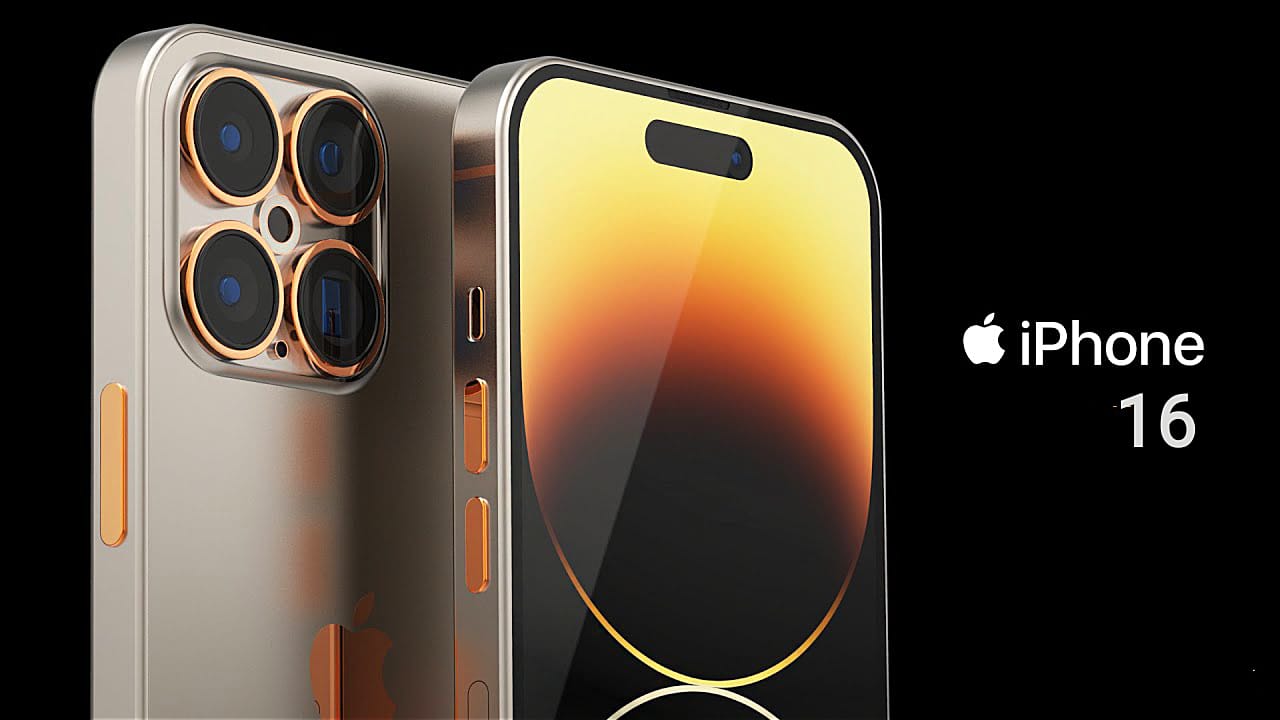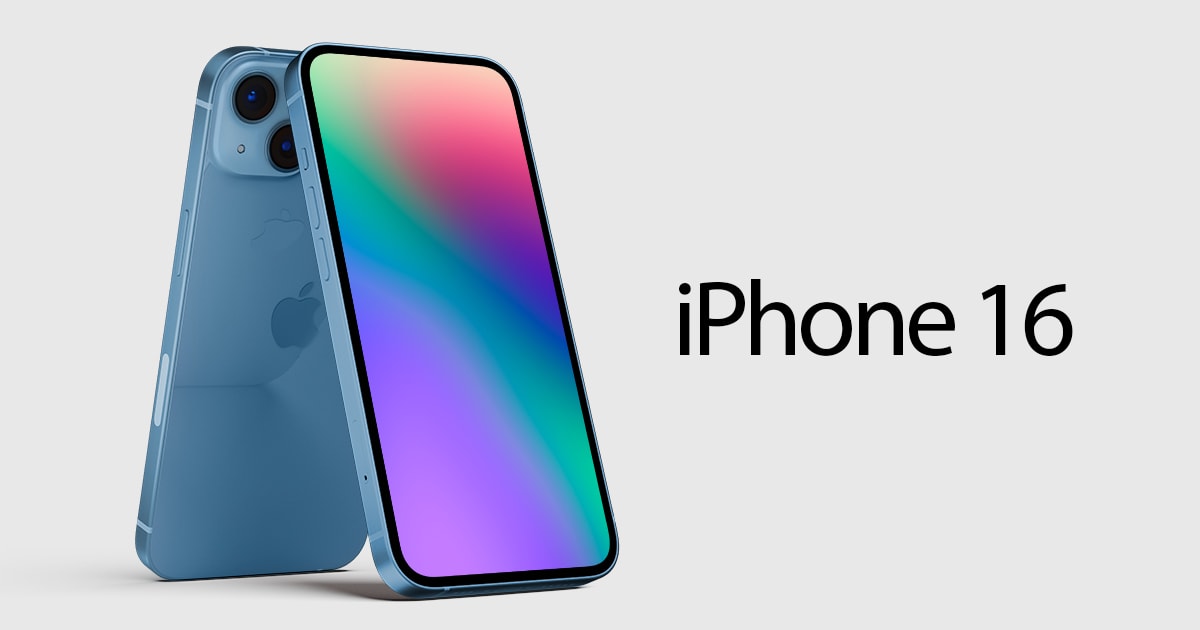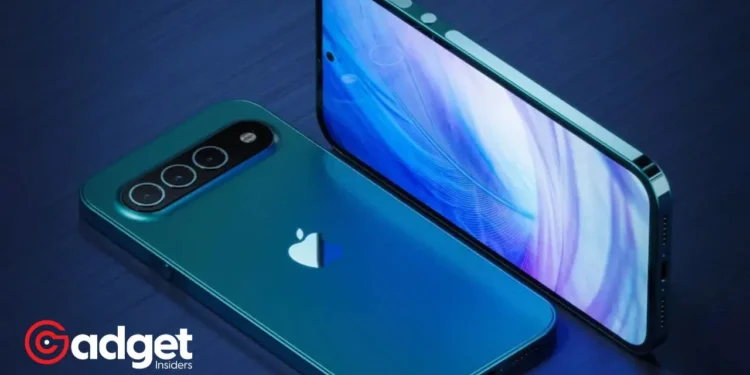In the ever-evolving landscape of smartphone technology, Apple’s approach to the next generation of its flagship device, the Apple iPhone 16, has sparked a blend of anticipation and skepticism among tech enthusiasts and analysts alike. With the promise of bigger displays and a new capture button, the Apple iPhone 16 seems to be charting a path of subtle enhancement rather than radical change.
Yet, as the tech giant treads carefully around the burgeoning field of artificial intelligence (AI), it faces a critical juncture that could redefine its standing in the premium phone market.

Apple iPhone 16: A Glimpse into Apple’s Strategy
The rumor mill has been abuzz with speculation about Apple’s latest moves in the smartphone arena. Despite the rapid incorporation of AI-driven features by competitors, Apple appears to be holding back, opting for a measured embrace of AI. This strategy, as noted by esteemed analyst Ming-Chi Kuo, might lead to a softening of iPhone shipments in 2024, with projections indicating a notable decline.
Particularly, the Apple iPhone 16 is not expected to usher in major design overhauls, positioning itself instead through incremental updates like enhanced display sizes and the addition of a capture button.
Apple iPhone 16: The Competitive Landscape
While Apple maps its cautious course, competitors like Samsung and Google are charging ahead, incorporating generative AI features that promise to revolutionize user experiences. Samsung’s Galaxy S24 series, for example, is expected to see an uptick in shipments, buoyed by the allure of AI-enhanced capabilities. This divergence in strategy underscores a pivotal moment in the smartphone industry, where the integration of AI could become a critical differentiator.
Apple iPhone 16: The Road Ahead
The anticipation surrounding the Apple iPhone 16 and Apple’s broader AI strategy highlights a nuanced approach to innovation. While the immediate future may not see a radical departure in design or functionality, the groundwork is being laid for a more profound evolution. The forthcoming iOS update, with its AI-enhanced Siri, could mark the beginning of a new era for iPhone users, promising a blend of reliability and cutting-edge technology.

Apple iPhone 16: Apple’s Cautious Approach On AI
As the smartphone market braces for the next wave of technological advancement, Apple’s strategy with the Apple iPhone 16 underscores a broader debate around AI’s role in our digital lives. The Cupertino-based giant’s decision to introduce only incremental design changes, focusing instead on display enhancements and functionality tweaks, speaks to a philosophy of cautious innovation.
This approach, while potentially limiting short-term market excitement, positions Apple as a thoughtful player in a race marked by rapid, and sometimes hasty, AI adoption.
Apple iPhone 16: The AI Conundrum
The tech industry’s pivot towards generative AI has been nothing short of revolutionary, offering new ways to interact with devices, from improved search capabilities to more intuitive user interfaces. However, this shift has not been without its challenges. Concerns over AI’s ethical implications, accuracy, and the potential for misleading information (“hallucinations”) have prompted a more measured response from some quarters.
Apple’s strategy reflects this caution, with plans to enhance Siri’s functionality using its proprietary LLM being a case in point. This move, expected to debut in iOS 18, could redefine user interaction with mobile devices, offering a glimpse into the future of AI-enhanced personal assistants.
Rumoured iPhone 16 design 👀
What's your take?#Apple #iPhone16
Image source: @theapplehub pic.twitter.com/XYYla5Uobb— Mukul Sharma (@stufflistings) February 5, 2024
Apple iPhone 16: The Market’s Response
The reaction to Apple’s strategy from the market and competitors will be telling. As Samsung and Google push forward with AI-centric features, the contrast in approaches brings into focus the diverse strategies tech giants are employing to captivate consumers. Apple’s bet on a gradual, focused integration of AI, coupled with its reputation for privacy and security, could ultimately strengthen its brand loyalty, even as it navigates the short-term impacts on shipment forecasts.
Looking Forward
The evolution of the iPhone, particularly with the introduction of the Apple iPhone 16, is more than just a story of hardware upgrades. It’s a narrative about the intersection of technology, ethics, and consumer expectations in the age of AI. As Apple charts its course through these waters, the decisions it makes today will likely resonate far beyond the immediate specs of its latest device. The tech community and consumers alike are eager to see how Apple’s blend of innovation, caution, and focus on user experience will play out in an era increasingly dominated by AI capabilities.










